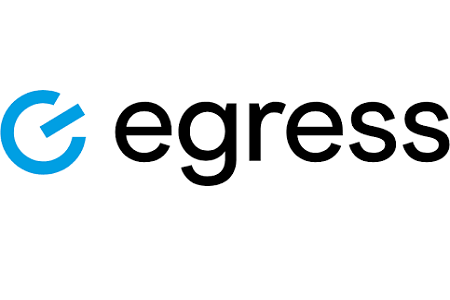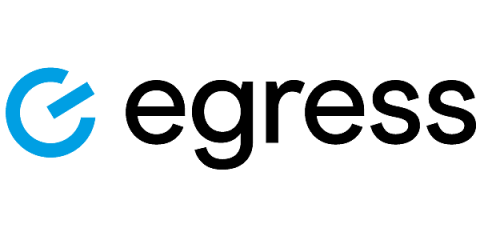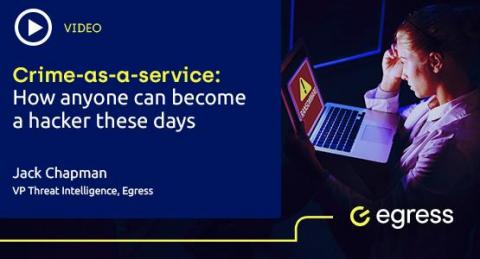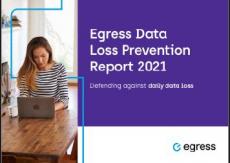Security | Threat Detection | Cyberattacks | DevSecOps | Compliance
August 2021
What did we learn from the 2021 ICO Report?
The 2021 ICO Annual Report highlights areas of concern for UK organisations, including the rise of ransomware, the constant threat of email phishing, and the lack of public faith in companies’ handling of data. Let’s dive into some of the more interesting findings from the regulatory body’s latest report.
Hit by hackers? You're now a target for more attacks
After being hit by a ransomware or phishing attack, it might be tempting for businesses to think the damage has been done and they can now focus on rebuilding. This is rarely the case. Research shows that 80% of organisations targeted by ransomware end up suffering another attack – and 46% are targeted by the same cybercriminals that hit them in the first place.
How to influence compliance as a DPO (without making your colleagues cry!)
Data protection has matured incredibly over the last 10 years. The ‘privacy industry’ has gone through a metamorphosis not seen in many other disciplines. Now, as we reflect on the organisational changes the pandemic introduced, we must recognise that being able to quickly access and share accurate data is critical to every business’ success – regardless of where employees are working from.
Six data protection tips for healthcare organisations
Healthcare providers collect, process and share citizens’ most highly sensitive personal data – from names, dates of birth and contact details, to medical and financial information. The loss of this data by healthcare organisations can cause significant emotional distress to patients if private medical conditions are disclosed, and also make them more vulnerable to identity theft, fraud and further cyberattacks.
Turn your employees into security assets against hackers
I want to talk to you about Peter. He’s a new hire at your company, having joined a couple of days ago. He can just about remember the names of his teammates. The HR Manager has told him to look out for an email so that he can create an account on the company’s employee portal. As expected, he receives an email and clicks on the link provided to enter his credentials.
T-Mobile data breach exposes 50 million customers' data
Hackers have gained access to the personal data of 50m T-Mobile customers. Cybercriminals are reportedly offering access to some of the data in return for a fee of 6 bitcoin, or $270,000. The cause of the breach is unclear, but this follows a string of breaches for T-Mobile in recent years, after an incident in December 2020 that leaked the call records of around 200,000 customers.
Why social graphs won't save you from account takeover attacks
Account takeover (ATO) is a dangerous form of business email compromise (BEC). Attackers gain access to a legitimate email account within an organisation, often by stealing credentials through spear phishing. They’ll then send emails from the compromised account with the goal of getting a fraudulent payment authorised or accessing sensitive data to exfiltrate.
Crime-as-a-service: How anyone can become a hacker
The internet is an incredible tool for education. Unfortunately, not everyone uses it to better themselves or the world around them. There are plenty of opportunities to learn how to defraud, damage, and steal from organizations – so many in fact, that this open source of hacking knowledge is a new technology service industry in its own right: crime-as-a-service.






